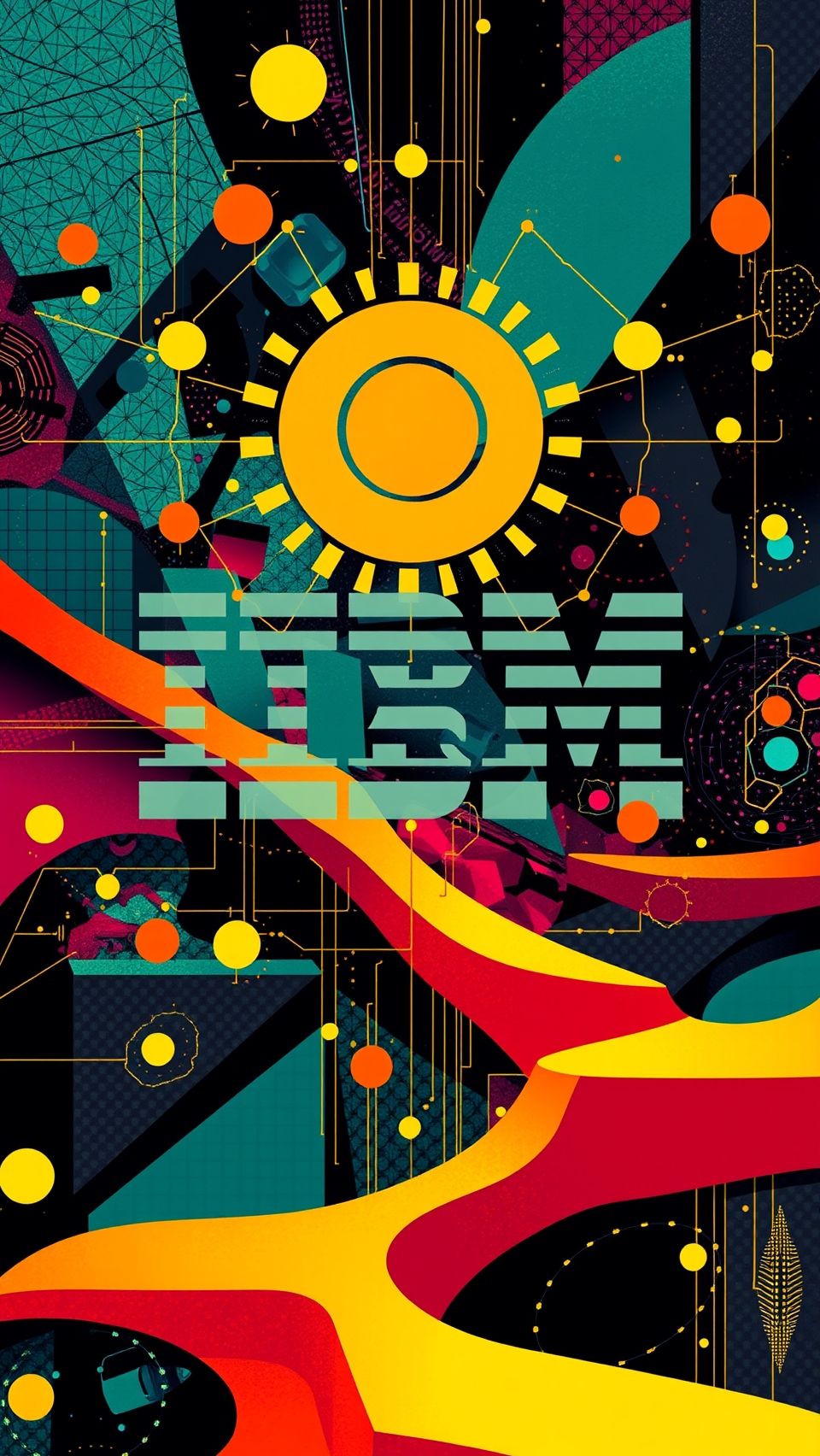Histosonics Worth 225 Billion After Strategic Acquisition
HistoSonics, a leading developer of non-invasive sonic beam therapy using histotripsy, has reached a …
11. August 2025

Nestlé, the world’s largest food and beverage company, has joined forces with IBM Research to harness the power of generative artificial intelligence (AI) in developing sustainable food packaging. This innovative partnership aims to revolutionize the way packaging is designed and created, with the ultimate goal of reducing virgin plastic use and promoting more environmentally friendly solutions.
At the heart of this collaboration is a sophisticated generative AI tool that leverages IBM Research’s advanced technologies to identify novel high-barrier packaging materials. High-barrier packaging refers to specialized materials engineered to create a protective shield that prevents external elements from affecting the product inside. This type of material is crucial in maintaining the quality and freshness of food products, particularly those with sensitive contents.
The AI technology behind this initiative works by constructing a vast knowledge base from public and proprietary documents, which are then fine-tuned using IBM Research’s regression transformer. The system learns to understand molecular structures and identify correlations between structural features and physical-chemical properties, enabling it to propose entirely new packaging materials that effectively shield products from environmental factors like moisture and oxygen.
“This novel AI-powered language model, developed in collaboration with IBM Research, illustrates how Nestlé is leading the digital transformation within the food and beverage industry,” said Stefan Palzer, Nestlé’s chief technology officer. “In the future, such breakthrough technology could be used to optimize the development of more sustainable packaging solutions across product categories.”
The potential impact of this technology cannot be overstated. By leveraging generative AI, Nestlé can significantly reduce the typically years-long research process for developing sustainable packaging solutions. This is particularly important given the company’s commitment to reducing virgin plastic use and moving toward recyclable mono-material and paper-based solutions.
Nestlé’s sustainability goals are centered around minimizing its environmental footprint while maintaining its position as a leader in the food and beverage industry. The company has set ambitious targets, including reducing greenhouse gas emissions, increasing water efficiency, and promoting sustainable agriculture practices.
The initiative aligns with Nestlé’s broader strategy to innovate and transform its operations through digital technologies. The company recently opened a new research and development center dedicated to deep tech, the first of its kind in the food and nutrition industry. This cutting-edge facility will focus on developing advanced technologies, including sensors, robotics, and high-performing AI solutions to enhance research efficiency and operations.
“A generative AI model that can design novel packaging materials with unprecedented precision is a game-changer for our industry,” said Alessandro Curioni, IBM’s research vice president for Europe and Africa. “We do believe that generative AI will continue to disrupt scientific discovery, impacting the core business of all knowledge-based industries, allowing critical differentiation and sustainable growth.”
The potential applications of this technology extend far beyond the food and beverage industry. Generative AI has the power to transform the way we design and create products, from materials science to pharmaceuticals, and can have a profound impact on sustainability.
In the context of Nestlé’s partnership with IBM Research, this collaboration highlights the company’s commitment to innovation and its willingness to embrace emerging technologies to drive sustainable growth. As the world grapples with the challenges of climate change, environmental degradation, and resource depletion, companies like Nestlé are playing a critical role in developing solutions that balance cost, recyclability, and functionality.
By harnessing the power of generative AI, Nestlé is taking a significant step toward creating more sustainable packaging solutions that can help reduce the industry’s environmental impact. This breakthrough technology has the potential to transform the way we think about packaging, from creating novel materials to optimizing production processes.
As the world continues to evolve, it’s essential to recognize the critical role that innovation plays in addressing pressing global challenges. The partnership between Nestlé and IBM Research is a testament to the power of collaboration and the potential for technology to drive positive change. By embracing generative AI and deep tech, companies can unlock new possibilities and create a more sustainable future for generations to come.
The collaboration serves as a model for how companies can come together to drive innovation and sustainability. By leveraging the collective expertise and resources of industry leaders, we can create solutions that have a tangible impact on the environment and promote sustainable growth. As technology continues to advance, it’s likely that we’ll see more companies embracing generative AI and deep tech to drive innovation and sustainability in various industries.
The future of food and beverage packaging will be shaped by the power of AI, with breakthrough technologies like generative AI paving the way for a more sustainable industry. By embracing this technology and working together, companies can create solutions that not only reduce environmental impact but also promote long-term growth and profitability. As we move forward, it’s clear that innovation and sustainability will continue to play critical roles in shaping the future of industries like food and beverage.